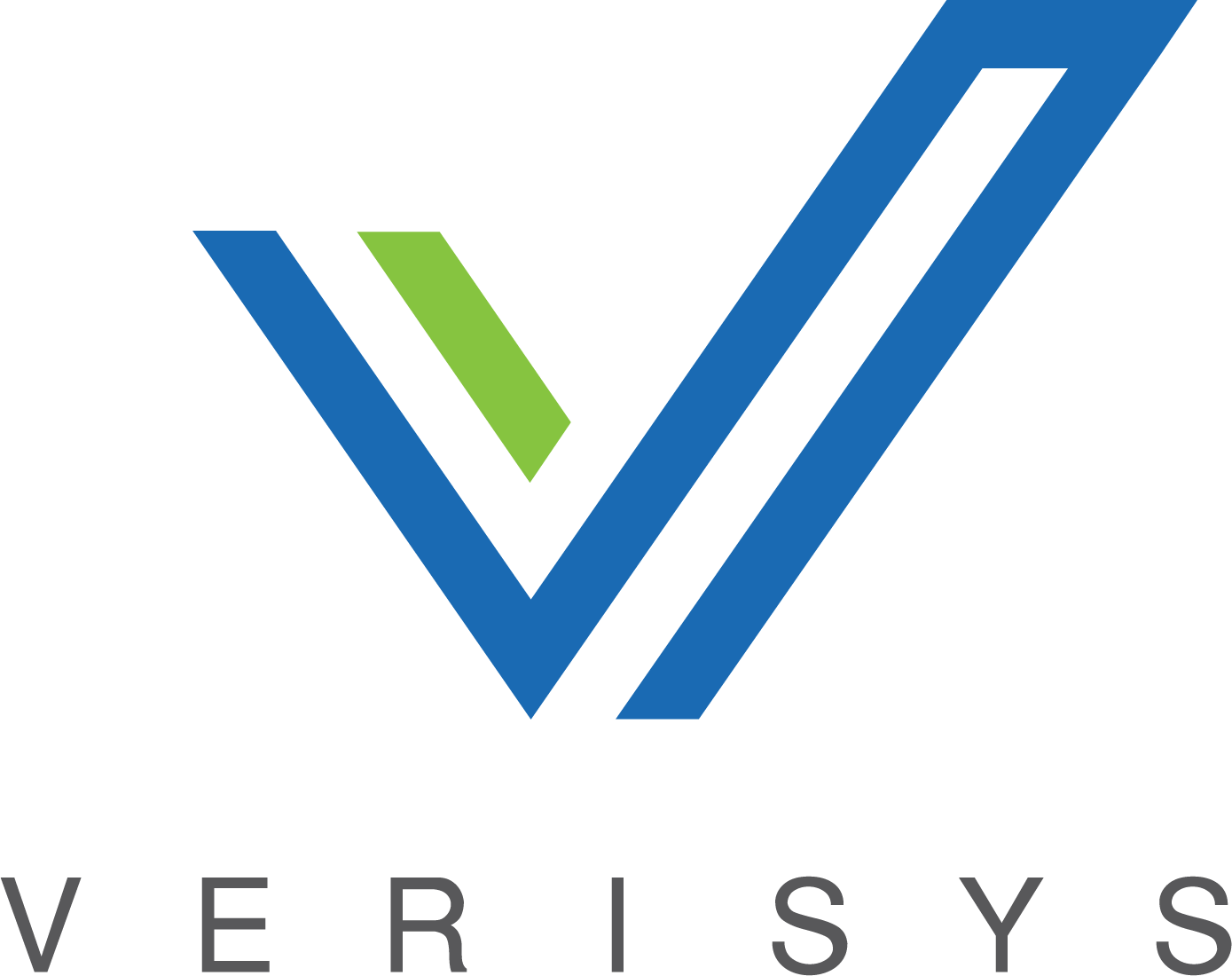– The best resource for monthly healthcare regulatory compliance updates. Compliance Updates: April 2024 Overlook: Licensure Compacts Other Legislation Board Updates Interstate Medical...


As most providers are aware, procedures must be followed in detail for Medicare reimbursement, and an ABN is an integral part of those procedures. An Advance Beneficiary Notice of Noncoverage (ABN) is a waiver notice (standard government form CMS-R-131) that providers are required to give Medicare patients whose services may not be covered under Medicare.
An ABN will list items and services for which Medicare is not expected to pay, an estimate of costs for the items and services, and reasoning as to why they will not be reimbursed. Notifiers must provide an ABN before any service is provided.
Notifiers include:
An ABN requires that the patient acknowledge responsibility for full payment if Medicare denies payment. Without an ABN administered before services, excluded services will not be reimbursed, and the provider or supplier may be financially liable if Medicare denies payment.
An ABN also protects patients by providing full transparency so that they can accept or deny services or procedures and appeal Medicare’s decision. Providers are not required to collect ABNs for services that Medicare never covers.
2 Additional Types of ABNs to Consider
2 other categories of ABNs include:
A skilled nursing facility (SNF) will issue a SNFABN (form CMS-10055) if Part A may not cover or continue to cover care or stay because it is deemed unnecessary or is considered custodial care. The SNFABN notifies the patient that Medicare will likely no longer pay for services.
Hospitals use a HINN when all or part of your Part A inpatient hospital care may not be covered by Medicare. A HINN will notify the patient with reasoning as to why hospital care will not continue to be covered by Medicare and charges for services to the patient for continued services.
Transparency and Compliance: The Importance of an ABN
An ABN is essential to the patient because it provides transparency and the ability to accept or refuse services. Receiving an ABN does not, however, prevent from filing an appeal as long as Medicare was billed.
Responsibility for denied charges may be null if the ABN:
The ABN manual is a critical guide for all Medicare providers and recipients. The ABN process is one of the many necessary tools to maintain Medicare compliance and continue providing transparent communication with your patients. Contact Verisys to learn more about staying compliant and protecting your organization and your patients.
Learn more about how Verisys can assist your HCOs in meeting all government and regulatory standards.
 |
Written by Verisys Verisys transforms provider data, workforce data, and relationship management. Healthcare, life science, and background screening organizations rely on our comprehensive solutions to discover their true potential. Visit verisys.com to learn how we turn problems into power.
|